Field of Greens Adjusts Festival Plans in Response to Community Feedback

Organizers behind Michigan's pioneering entertainment venue, Field of Greens, have announced a reduction in their initial entertainment offerings for the upcoming year. The venue, originally set to launch on May 18th with the event "Bikers, Buds & Brews" featuring '90s alternative rock bands Soul Asylum and Marcy Playground, has scaled back its ambitious schedule. The launch was intended to coincide with the annual Blessing of the Bikes in Baldwin, where a Catholic priest blesses motorcycles for the summer season.
Field of Greens, described as the first venue in Michigan to allow the sale and consumption of both cannabis and alcohol, had initially planned five festivals for 2024. However, these have now been condensed into two multi-day festivals, according to Grams & Jams Productions, the organizers of the events. The adjustment was made in response to community feedback, aiming to balance entertainment with local sensibilities and resource limitations.
Grams & Jams Productions stated that Soul Asylum will instead perform at the third annual Cannabash festival, scheduled for July 12-14th, which will also feature artists like Blake Banks, DJ Jodi Dro, and DJ Prim. A full lineup for this event is expected to be announced shortly. Meanwhile, Marcy Playground is set to take the stage at a newly introduced event, the Summer Send Off, slated for August 23-24th.
Connie Maxim-Sparrow, the executive producer at Grams & Jams, emphasized the importance of community input in their planning process. She highlighted concerns about overwhelming local emergency services and conflicting with other summer events in Lake County, which is one of Michigan's least populated areas. The decision to scale back the events was well-received as a measure that respects and integrates into the community's existing cultural and public safety frameworks.
In a strategic move, Grams & Jams Productions, which launched its Cannabash festival in Muskegon in 2022, announced earlier this year the creation of Field of Greens. This venue aims to offer greater control over event productions and the ability to host multiple events throughout the year. Due to Michigan's liquor laws, the venue will feature separate areas for alcohol and cannabis consumption, divided by a fence.
Construction of Field of Greens is underway on a 30-acre site, also home to the cannabis dispensary Baldwin Provisions. The new venue and its revised festival schedule represent a significant development in Michigan's entertainment and cannabis industries, reflecting a blend of community engagement and innovative event planning.
Ypsilanti City Council Implements Emergency Moratorium on Cannabis Retailers
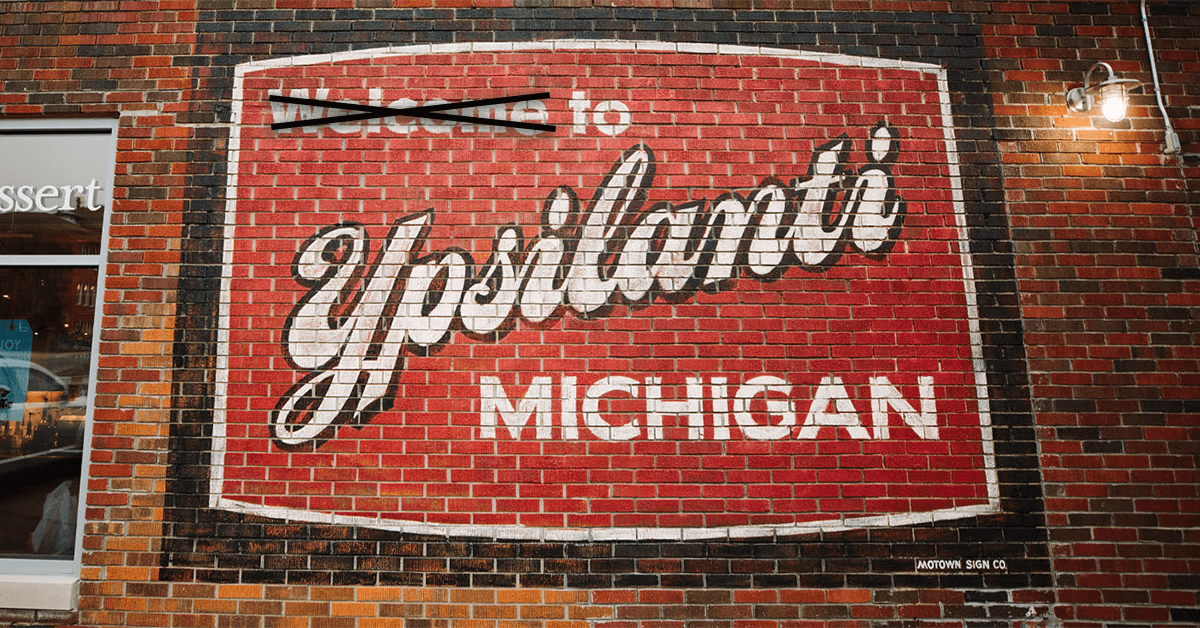
Ypsilanti City Council has imposed an emergency moratorium on new cannabis retailer permits, effectively pausing the expansion of cannabis businesses in the city. This decision was made during their April 16 meeting, where council members also moved forward with an ordinance to establish a strict limit on the number of cannabis-related operations within city limits.
The moratorium, which will last for 60 days, aims to address community concerns that Ypsilanti might become overly saturated with cannabis retailers, potentially harming long-standing small businesses. The city, noted for having a high number of cannabis dispensaries per capita, has initiated these measures under the guidance of city planner Joshua Burns.
The proposed ordinance amendment received a narrow approval with a 4-3 vote. Council members Michelle King, Evan Sweet, and Patrick McLean voted against it. This amendment seeks to set the maximum number of cannabis retailers at 13, with a provision to reduce this limit to 10 should any permits lapse or be revoked. Additionally, the number of cannabis consumption facilities will be restricted to three.
A final decision on this ordinance is expected at the council's next session on May 7th. Meanwhile, the emergency moratorium will prevent the issue of any new cannabis business permits. In conjunction with these regulatory adjustments, the council also unanimously approved zoning changes, significantly reducing the potential locations available for future cannabis retailers. These zoning changes had been introduced earlier in the month without setting a cap, which had drawn criticism from local residents and business owners. The Planning Commission has since advocated for the reintroduction of such a cap.
Previously, Ypsilanti had enforced a cap on cannabis businesses but removed it to mitigate the risks of litigation concerning the allocation of limited permits. However, with recent developments and examples from other jurisdictions, city officials, including City Manager Andrew Hellenga and City Attorney John Barr, indicated that reinstating a cap could now be feasible without the previous concerns over potential legal challenges.
Menominee Councilman Under Scrutiny Over Real Estate Deal with Cannabis Business
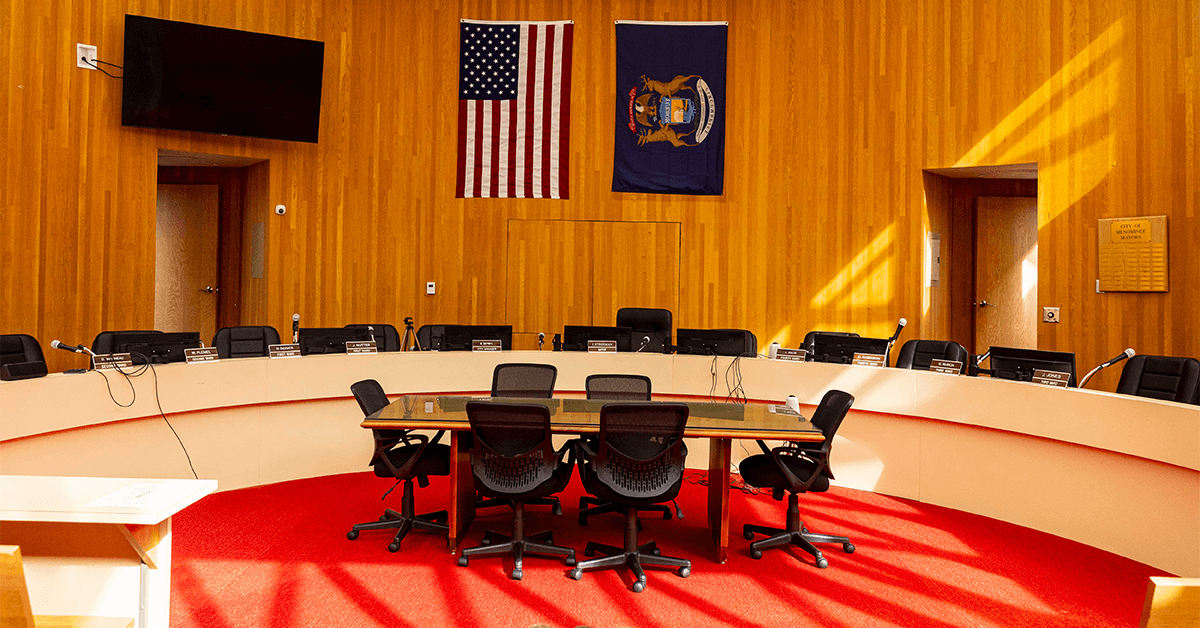
Joseph S. Dulak, a council member in Menominee, Michigan, is at the center of controversy over his alleged ties to a real estate transaction benefiting from the town's thriving cannabis market. Menominee, situated on the Upper Peninsula border, has been a hotspot for cannabis-related business due to its strategic location.
According to public records, a real estate firm associated with Dulak profited significantly from selling a property to a cannabis business. This firm, identified as Keeko LLC, is reportedly linked to Dulak's son, Joseph M. Dulak, who serves as its president. The property in question was purchased for $160,000 and sold a mere week later for $229,000, netting a $69,000 profit.
While no laws or local ethical guidelines were breached, the optics of the transaction have raised concerns among Dulak's peers on the city council. Councilman Michael DeDamos expressed discomfort with the situation, suggesting that although not illegal, the deal could exacerbate public suspicions and confirm doubts within the community.
The timing of the sale coincides with an intense and prolonged battle over cannabis profits in Menominee, involving legal, political, and commercial stakes. Councilman Dulak, despite his claims of non-involvement in Keeko's operational decisions, admitted in a court deposition that he is authorized to conduct property transactions on behalf of Keeko.
The city council's reaction has been mixed, with some members demanding more transparency and even calling for an external investigation into Dulak's real estate dealings with cannabis companies. The Michigan Attorney General's Office, however, has not indicated whether it will pursue an investigation into these allegations.
Further complicating matters, Upper Shelf Farms, the cannabis business that purchased the property from Keeko, has been granted a temporary occupancy permit to renovate the building. The company plans to open its doors this summer, which could bring more attention to the transaction.
Councilman Dulak defends his position, stating the real estate deal was straightforward and not influenced by any personal or professional ties to the cannabis industry. Nevertheless, the controversy persists, highlighting the challenges and scrutiny often associated with the intersection of public service and private business interests in the burgeoning cannabis market.
Fenton Residents Divided Over Proposed Cannabis Dispensary
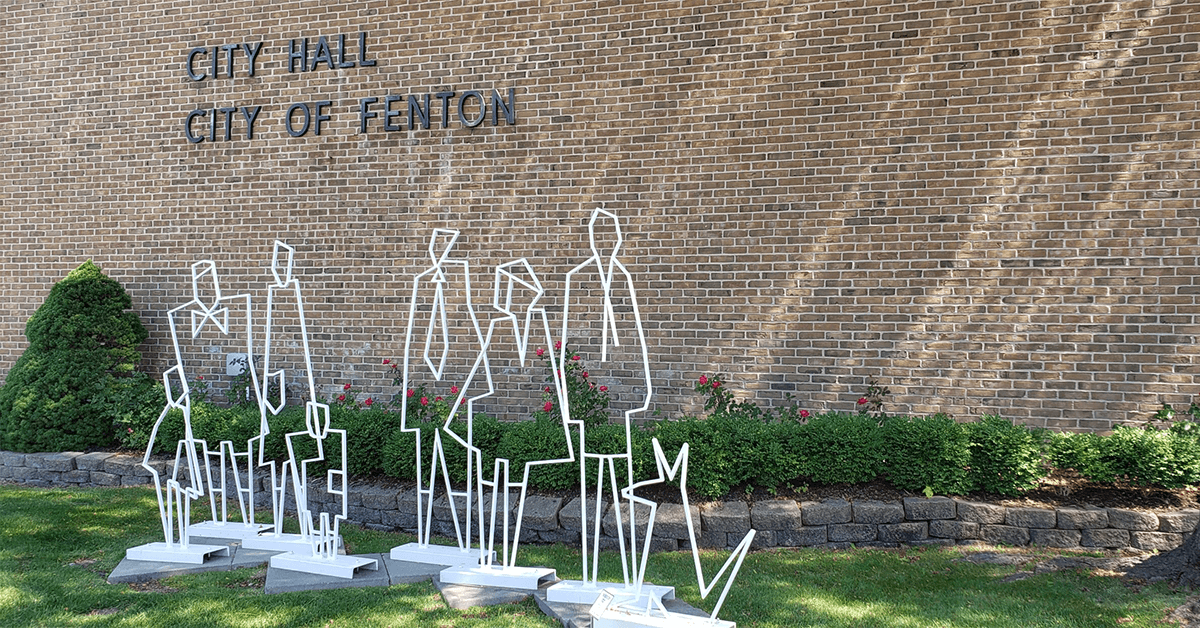
Officials in Fenton, Michigan, gathered for a town hall meeting on Wednesday, April 17th, to engage with residents regarding the potential establishment of a recreational cannabis dispensary in the city. Council member Tracy Bottecelli emphasized the importance of community input in shaping the city's approach to cannabis regulation, noting the absence of a current ordinance on the matter.
The meeting followed unsuccessful attempts by local advocates to place referendums on the ballot to amend city ordinances or the charter concerning cannabis dispensaries. Despite the invalidation of two petitions, a new petition effort is underway.
During the town hall, opinions on the dispensary were deeply divided. Some community members, including a local school official, voiced strong opposition, arguing that a dispensary could pose risks to the youth by increasing their exposure to cannabis. Concerns were raised about the potential impact on the safety and development of children in the community.
On the other side of the debate, advocates for the dispensary urged the city to proactively establish regulations to maintain some degree of control over the sale and distribution of cannabis. They highlighted the complexity of the cannabis industry and warned against the risks of inaction or delayed policy formulation.
City officials mentioned that a petition is expected to circulate this summer aiming to gather enough signatures to amend the city's ordinance to permit dispensaries within city limits. This move could pave the way for controlled and regulated cannabis sales in Fenton, depending on the outcome of community consultations and the resulting regulatory framework.
How Michigan Is Shaping the Cannabis Beverage Industry
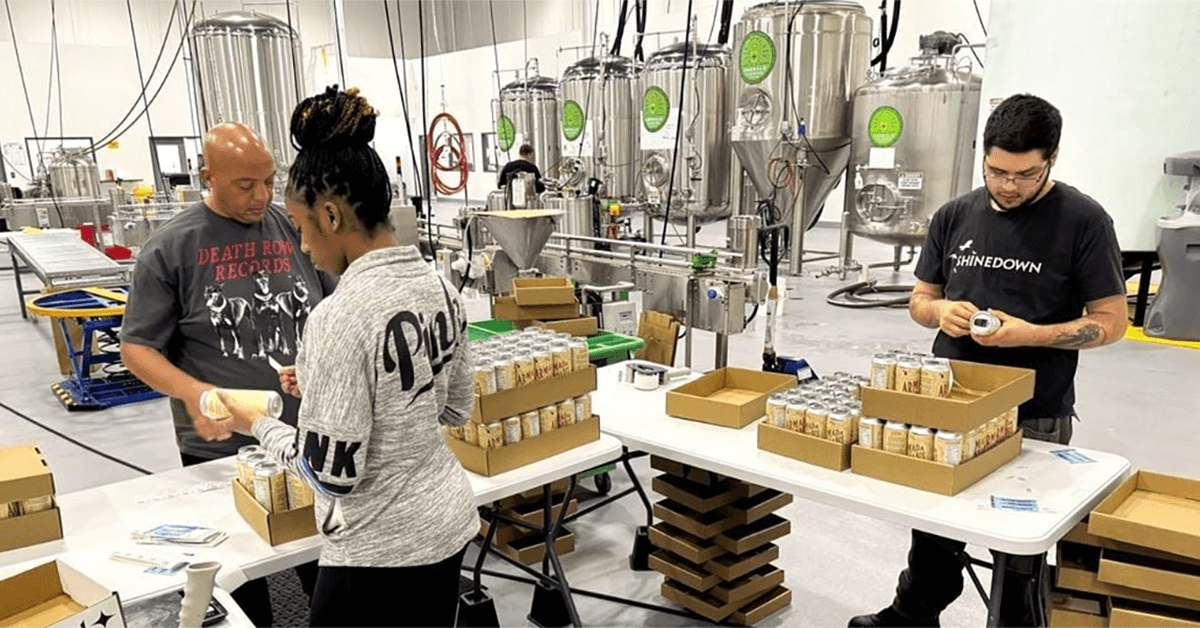
Michigan's cannabis market is demonstrating robust growth and versatility, particularly with an annual sales figure that surpassed $3 billion last year, making it one of the largest in the United States. However, a particular segment within this broad market—THC-infused beverages—though gaining traction nationally, remains relatively underexploited in Michigan.
Despite representing a mere 0.34% of the state's $286.8 million in recreational cannabis sales last month, local entrepreneurs see significant potential. Emerald Canning Partners, a Mount Clemens-based venture formed by cannabis producer Pleasantrees and Blake's Hard Cider Co., is strategically focusing on this nascent segment. The company recently invested $6 million to establish a 20,000-square-foot canning operation at the old Gibraltar Trade Center, aiming to tap into the growing demand for liquid cannabis products.
Seven Point to Open Unique Cannabis and Vinyl Record Shop in Berkley
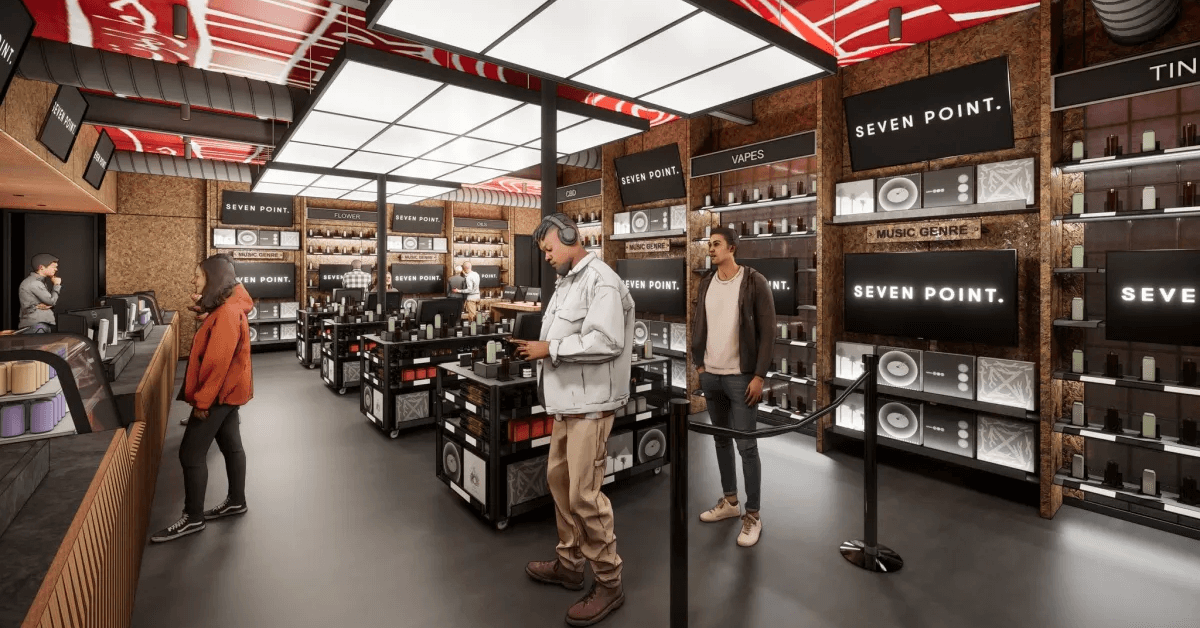
Construction is currently underway for a new cannabis dispensary in Berkley, Michigan, that promises to blend the sale of cannabis with vinyl records and turntables. Seven Point, the company behind the initiative, plans to offer both recreational and medical cannabis products at its facility located at 28557 Woodward Ave., near Wiltshire Road.
Brad Zerman, CEO and co-founder of Seven Point, emphasized the natural synergy between cannabis and music. "Cannabis and music go hand-in-hand," Zerman stated. The dispensary, which will occupy a 3,400-square-foot space, is anticipated to open this summer.
According to Zerman, cannabis products are expected to constitute over 80% of the dispensary's sales. However, the strategic location in Berkley, along with proximity to Woodward and Royal Oak—areas known for their affinity for records—suggests a promising market for their music-related offerings as well.
Seven Point is setting itself apart by creating a retail environment that mimics a record store, with vinyl and album art decoratively positioned alongside cannabis products. Customers will experience an educational journey through advanced technology that explains the origins, effects, and consumption methods of various cannabis strains.
As vinyl records continue to surge in popularity, Seven Point aims to create a unique shopping experience where customers can explore records that enhance their cannabis experience. "We will spare no effort in designing this store to deliver the look and vibes of a record store," Zerman added. The store will feature concert videos and music from the vinyl sold there, played on turntables at the sales counter.
Moreover, the dispensary's employees, referred to as budtenders, will provide recommendations on the best cannabis products to pair with different music genres. Zerman believes that Seven Point will offer an immersive experience unmatched by any other dispensary in the area, potentially becoming "the next greatest hit."
In line with its innovative approach, Seven Point is planning several events in Berkley ahead of its opening. These include giveaways and a hiring event, further integrating the dispensary into the local community. Berkley officials have spent considerable time crafting an ordinance for cannabis businesses, with Seven Point set to be the fourth of five allowed in the city.
Zerman, together with his business partner Gabe Ruben—a Berkley High School alumnus—highlight the supportive business environment in Berkley. Mayor Bridget Dean expressed enthusiasm for the new venture, underscoring the diversity and vibrancy of Berkley's business community.


 Helpful Links
Helpful Links